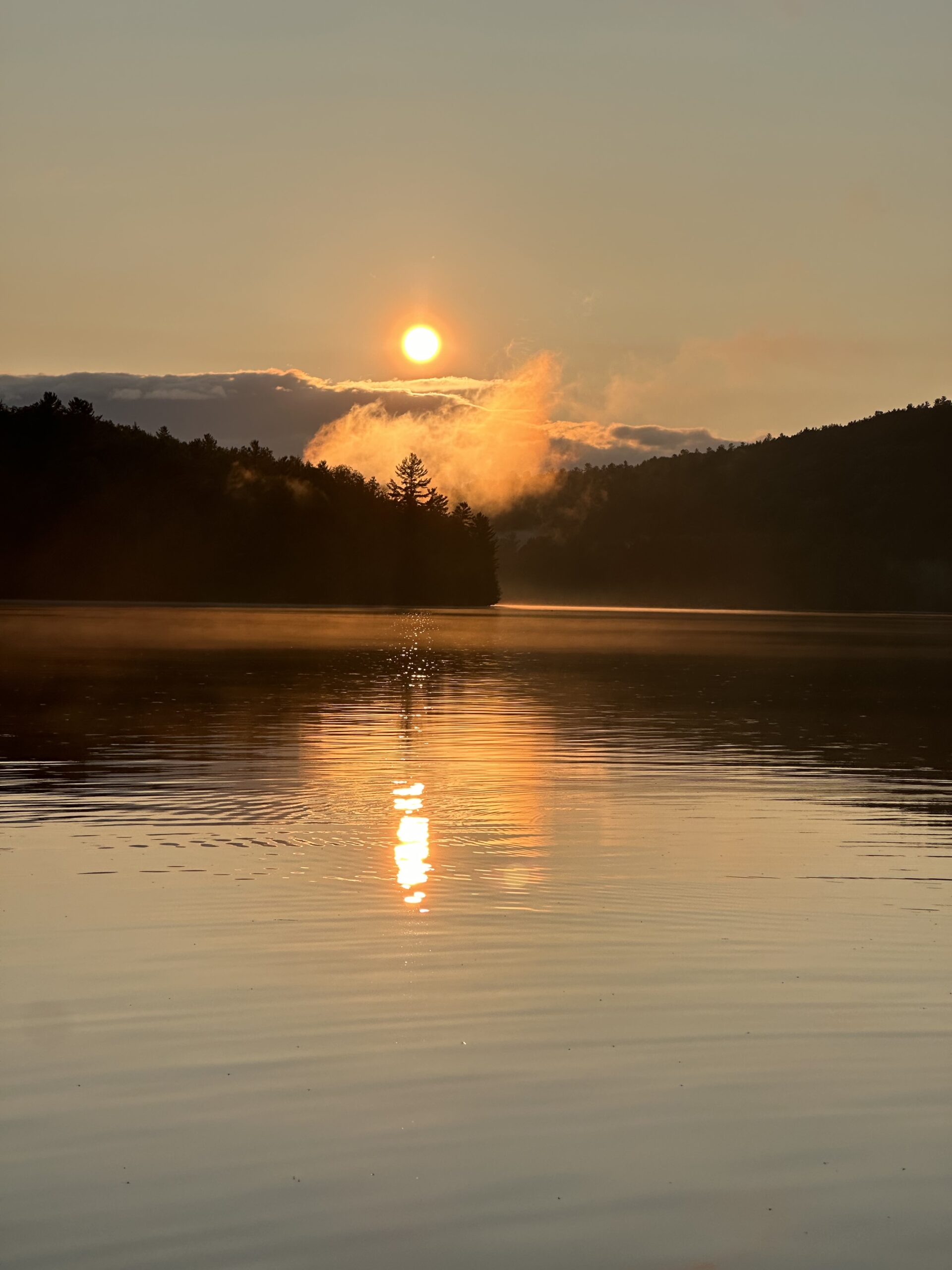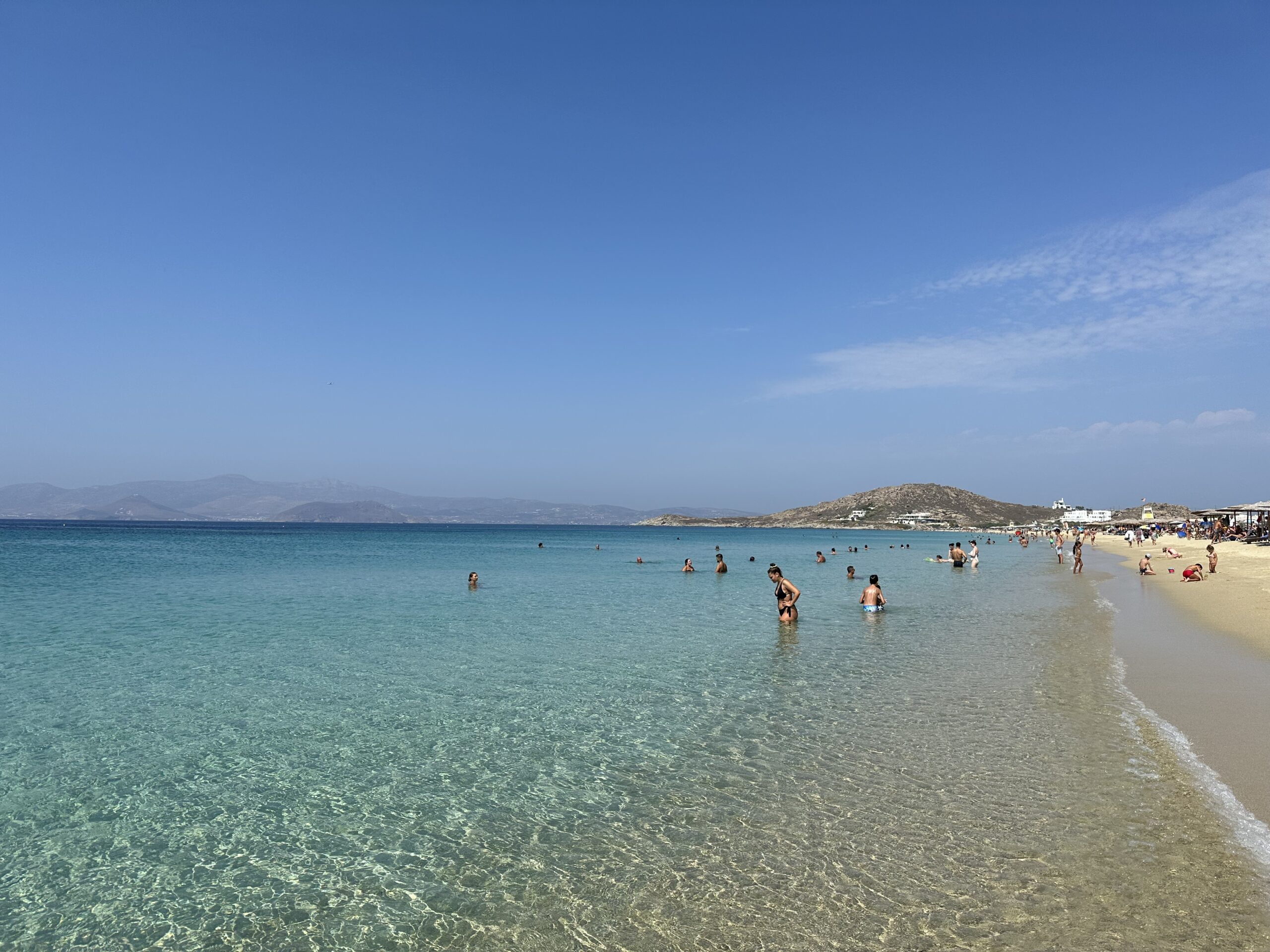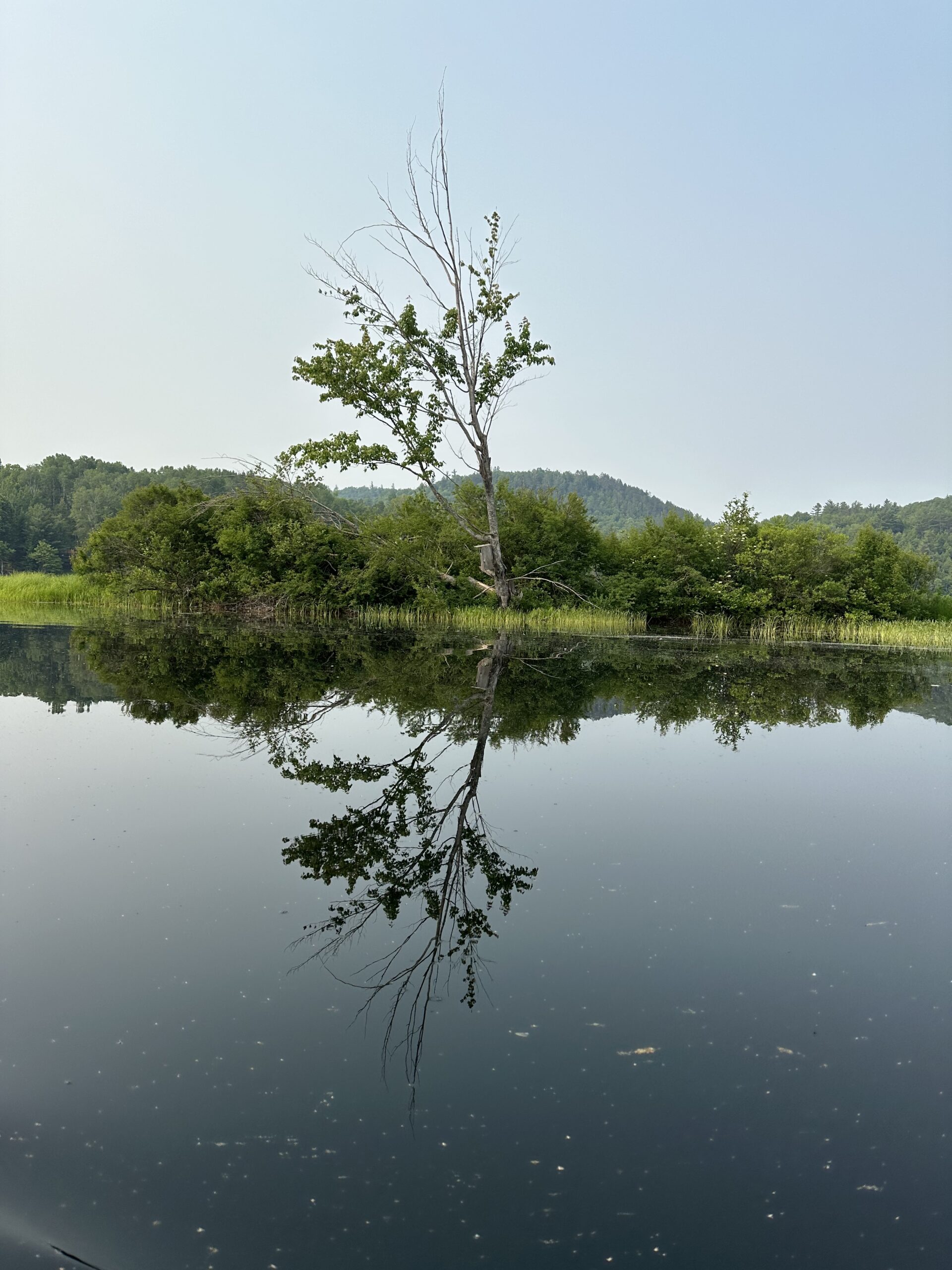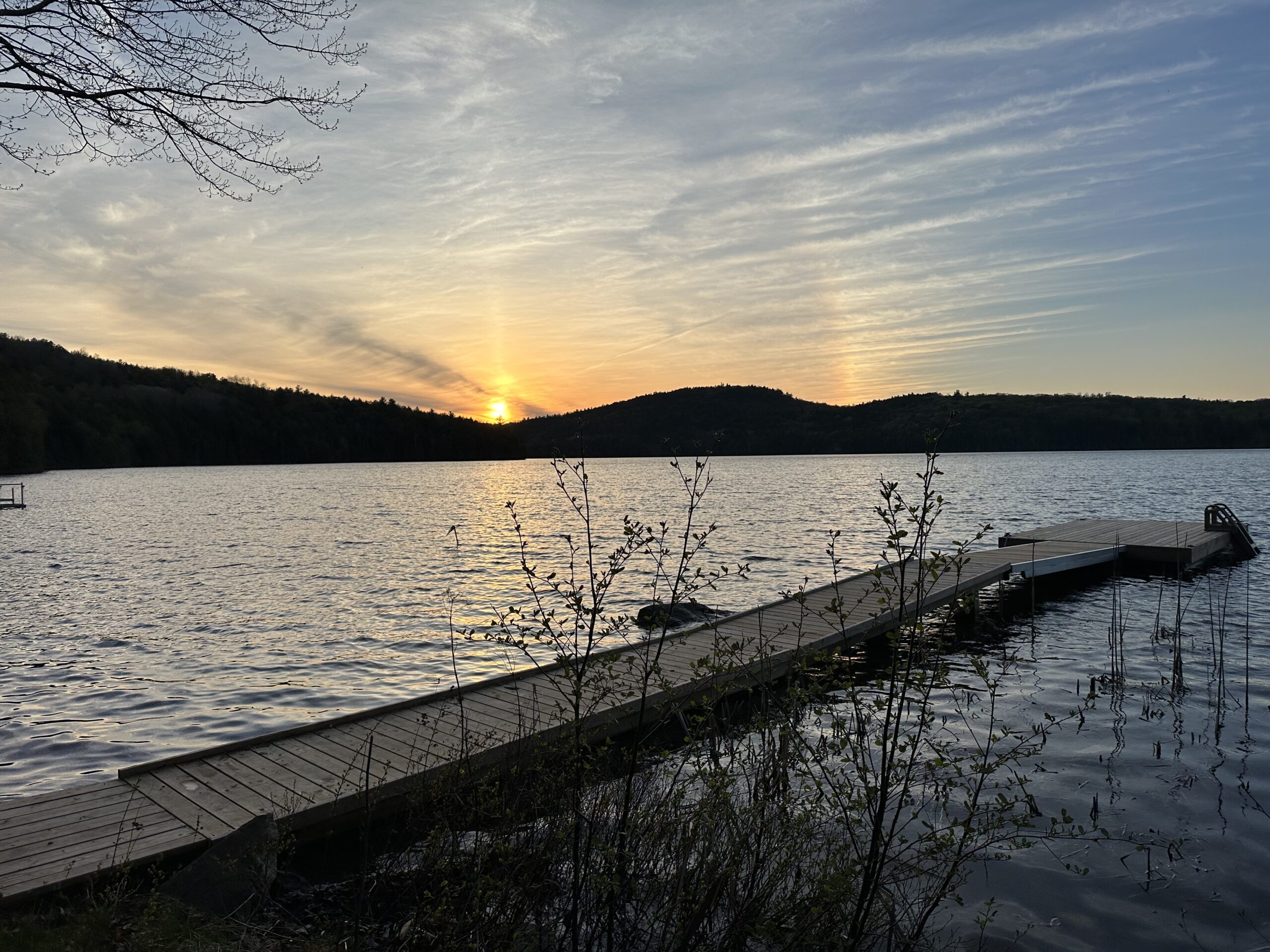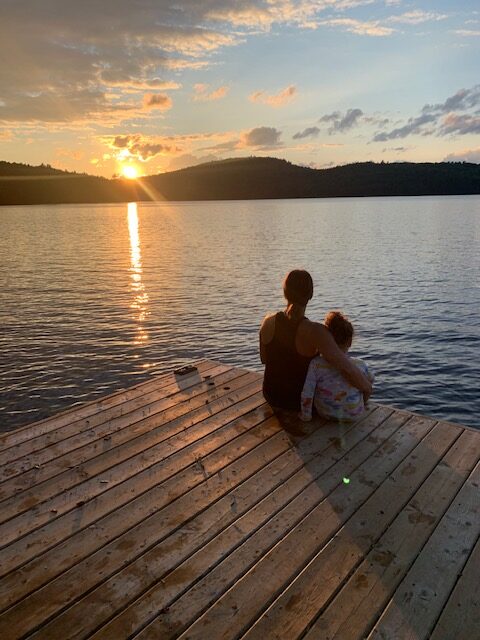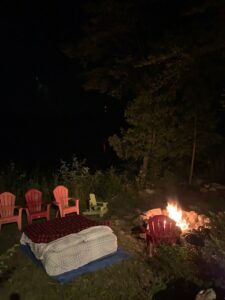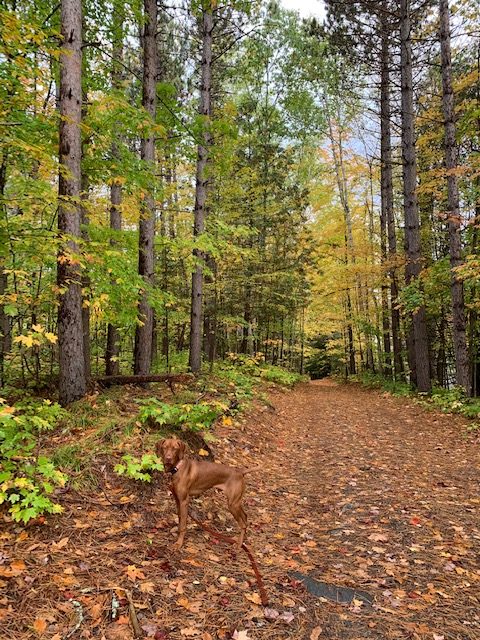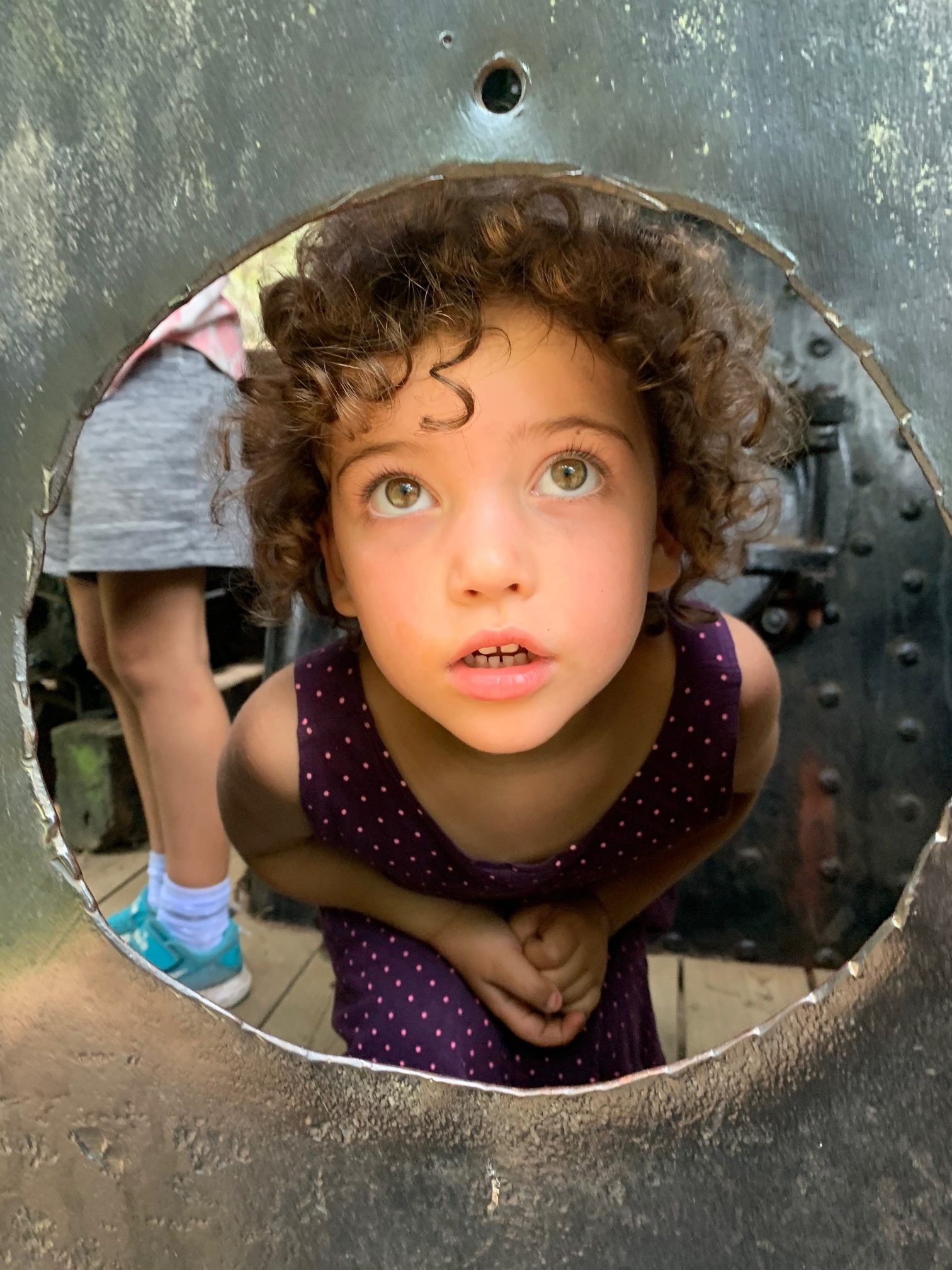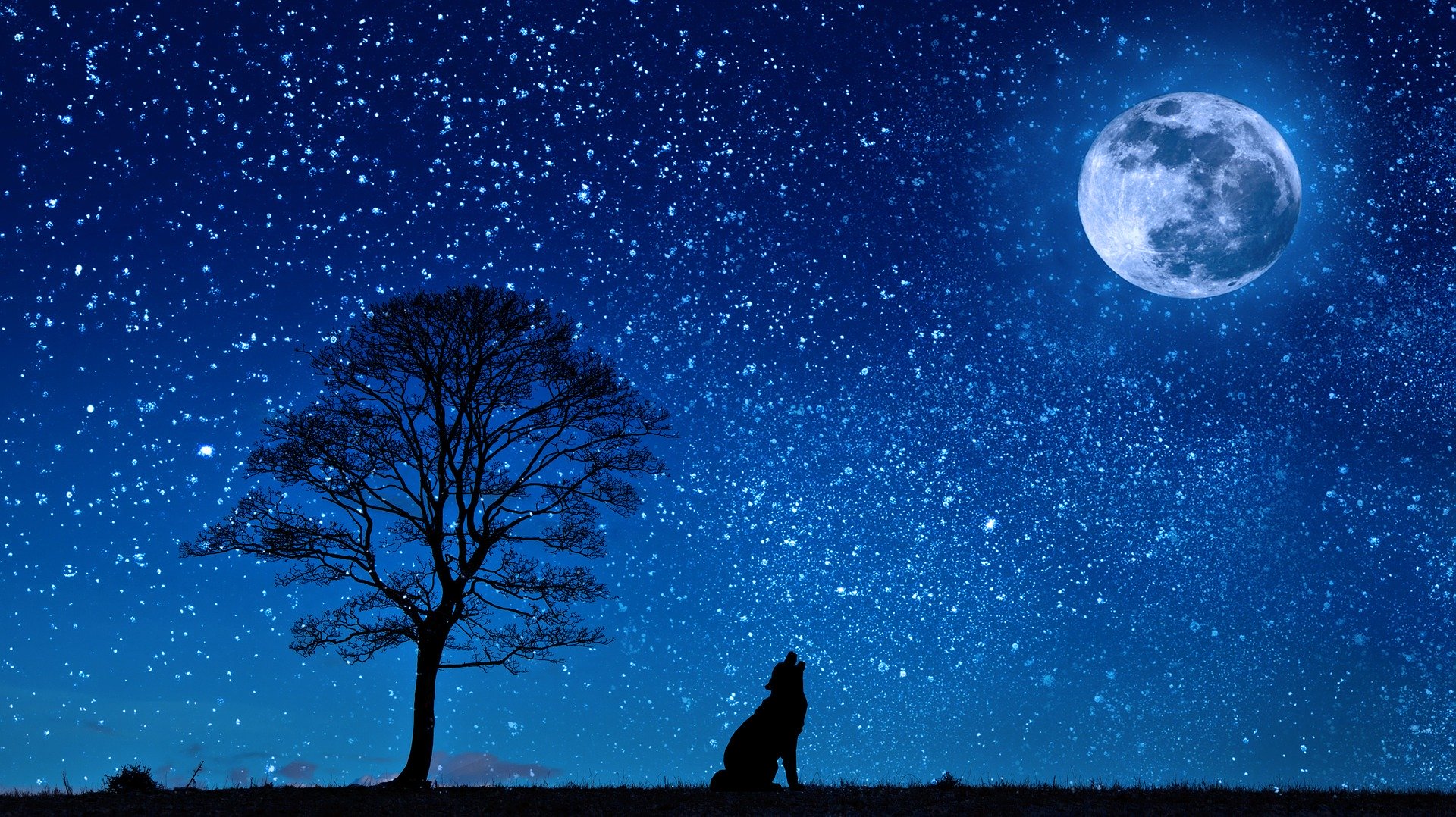What is a summer for?
This question is reminiscent of a series of questions Mary Oliver asks in her famous poem “The Summer Day”: “Tell me, what else should I have done?/ Doesn’t everything die at last, and too soon?/ Tell me, what is it you plan to do with your one wild and precious life?”
What’s a summer for? Poetry, books, literature. Reading.
Summer is for the senses: smells, sounds, taste, sights. Touch. Yesterday, I watched a baby bunny skirt its way around the edge of our pool, sample the greenery. A pileated woodpecker, with its red-headed cap, sat nearby the bunny with its two teenage fledglings. The three of them pecked and dined on the ants crossing our cement pathway. Two cardinals, a male and female, flashy crimson and a dull brownish-grey, fluttered in the nearby branches. A summer is for rebirth and reimaginings of the self. Those who know how to summer will know how to winter.
I spent two weeks at my cottage with family and in the final moments of our stay, with the heavy rains at bay, the tang of damp earth and rainwater charged my nostrils as I made my way toward the end of the dock for one last jump, wrapped in my towel, flecks of cedar tree bits plastered to bare feet, the elongated hillsides in the distance. As I approached, the dock heaved with the lake’s gentle ripples while the grey skies held themselves back, like overstuffed bellies. I dove in and the black wetness coated my skin and held me like a baby seal. Misty pines sat perched on the horizon in my field of vision, as I bobbed there, and a trail of fog traced its way across the surface of the water like the finger that drags across the lover’s nude body. I stayed that way a moment, in my selkie state, admiring the view, and hanging in the limbo of vacation mode. The return home, to my real life, would mean otherwise. A summer is for recovering the senses, immersing oneself in the natural world and stripping down to only what is necessary.
And what of summer’s taste? Waxy green beans with their downy skins, steamed only a minute or two to limpen their bodies and then douse in butter, salty with a hint of sweet. Ontario corn, peaches and cream, grape vine tomatoes, baby tomatoes, snap peas, snow peas, cucumbers, zucchinis, purple potatoes, red potatoes, fingerling potatoes, white potatoes, strawberries, blackberries, blueberries, raspberries, cherries, plums, carrots, beets, watermelon, apples, lettuces plucked from the garden like sheaths of nature’s mane. The Niagara peaches, succulent nectar, their juice drips down my chin, eyes closed in pleasure. If the sun abandoned its way of being a burning gas in the sky and moved to Earth in search of its solid yet liquid sugary form, I believe it would choose to embody the peach, recognizing itself instantly in the heavenly taste of its origins. A summer is for devouring.
I’m sitting outside right now and the leaves on the maple trees are floating—I don’t know how else to describe them. Tree petals that rise and fall like breath, such is the gentleness of the wind, nothing more than a deep sigh, a honeyed caress. The birch leaves flutter like confetti high above, and the sun, which touches everything with its spotlight, pierces their tender skin, illuminating their insides as though studying the inner workings of life itself. The sky is clear and blue blue blue, the blue of pale irises and our faded patio umbrella. Summer is for skies and creation.
The onset of August marks a turning point in the summer season. I feel the shift in the air first thing on my dog walk in the morning. The air has a crispness that wasn’t there before. The tree frogs sing into the heat of the afternoon, with long sustained foretelling notes. Fall is coming…fall is almost here. And I will mourn summer’s departure, in the quiet moments, while steeping myself in her dwindling light every day that I can. Summer is for carrying with you, a heat that settles in the tan of your skin; a heat that’s meant to last through the rest of the year.

